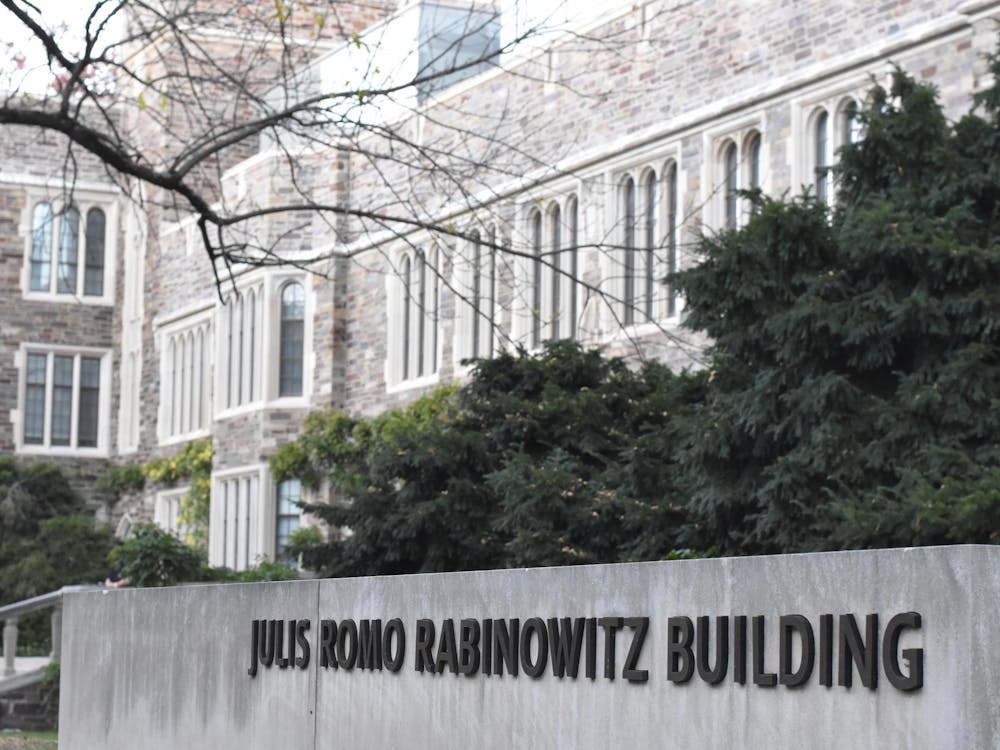When news broke of the racist remarks that Deputy Metro Editor Michael Luo of the New York Times faced last month (“An Open Letter to the Woman Who Told My Family to Go Back to China”) I, with hundreds of my fellow Princetonians, was appalled. It seemed preposterous that Asian-Americans still faced such explicit forms of racism even in the 21st century. Yet, as I pondered the implications of this outrage, I realized that there is still discrimination even here at Princeton towards Asian-Americans.
By no means is the Princetonian community as explicit as to request its Asian students “go back to China” as was Luo. This comment is a product of a bygone age of explicit racism. Yet the Princeton community utilizes an implicit form of racism with the term “Asian-American” itself. Although this phrase may sound innocuous enough, the term itself is a gross generalization and a highly reductive phrase. At an university that values diversity, we are surprisingly insensitive to the unique cultural identities of each Asian-American student.
Asia, contrary to what many Trump supporters may believe, is not just China. It is the largest continent on the planet and home to half of the world’s population. It contains 48 nations with extremely diverse cultures and complex histories many times longer than that of America. Therefore for many Asian students, our distinct nationalities determine our cultural backgrounds, not an overarching racial bracket. Yet, from the moment we begin our applications to Princeton, we are forced to categorize ourselves into a classification so vast that it loses meaning. We, whether we are Korean, Chinese, Russian, Vietnamese, or one of the dozens else, have to pick the term “Asian” as our collective label.
This does not mean that Princeton University is actively pushing a racist agenda on Asian-Americans. The Princeton administration, by categorizing all of its applicants based on their nationalities and ethnicities, is doing its best to achieve ethnic diversity on campus. Yet, by engaging in this well-intentioned action, the University still is propagating a sense of unnecessary universalism between different nationalities of Asian-Americans.
Furthermore, even if we are accepted into Princeton, we struggle with our racial identities every day. Hardly a day passes by when I am not asked “Are you Japanese or Chinese?” as if these are the only two Asian nations. When I complain about such generalizations, the askers retort that I am too sensitive. Perhaps I am. Yet I still overhear in passing conversations that the Korean American Student Association and the Chinese Students Association are redundant because both of these societies are for Asians; as long as such sentiments continue to persist, I will remain “sensitive,” because the judgmental issues implied by these statements endure.
This issue does not only belong to Asian-Americans. Almost every student on Princeton’s campus who identifies with a specific nationality or race, such as Latinx or African-American, has felt this will to categorize him or her into a neat racial or ethnic bracket. For instance, one of my Latinx friends here from Buenos Aires was recently asked how Mexican food tastes; the question was posed, ostensibly without malice, by a stranger who knew nothing about where my friend came from and did not care to verify. Yet, in contrast to what the students subtly demanding that my friend and I conform to their standards believe, race and nationality are complex ideas that must be judged by the individual. It is not the task of the University or the student body to decide whether some are Asians, some are Latinx, and so forth. Only the individual can make this important decision and it is up to other students to respect that ethnic conclusion.
This willingness to propagate the myth of the universality of Asians and other minorities, in which every minority can be grouped under some broad umbrella categorization, is not the ideal that Princetonians should pursue. If we are to live up to our widely boasted mantle as students accepting of diverse cultures, we must address the different identities that each Asian-American and minority student here at Princeton possesses. We must accept each other’s different perceptions of cultural and ethnic identities.
Daehee Lee is a freshman from Palisades Park, N.J. He can be reached at daeheel@princeton.edu.







